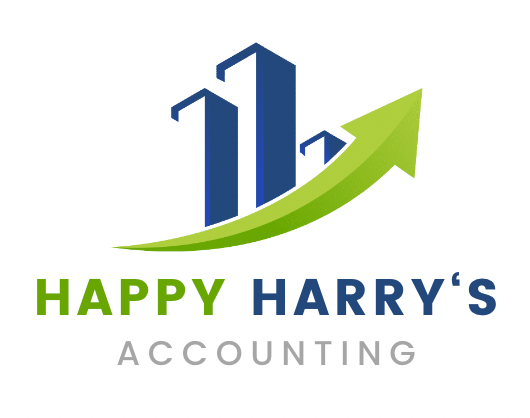A Personal Checklist For Tax Day
Do you feel overwhelmed by the approaching tax day? We’ve got your back! This blog post will give you a personal check-list to keep you organized and ensure you don’t forget any steps important on your tax journey. Grab a pen, paper and let’s start! Prepare all required documents. Before you start preparing your tax return, you should have all of the necessary documents at hand. Included are W-2 forms and 1099 forms as well as receipts and other financial records. You will save time by having everything together in one location.
Examine your tax return from the previous year: Take some time to review your return for the previous year. You will gain a deeper understanding of your finances and identify areas where you may need to focus this year. This will also serve as a point of reference for any changes to your situation.
- Organize and track your expenses. Keeping track of expenses is one of the most important aspects of filing taxes. Use a spreadsheet, or a software program that suits your needs. Sort your expenses into categories such as business, medical, education and charitable contributions. You will be able to easily claim your deductions and won’t miss any eligible expenses.
- Decide your filing status. Your filing status will determine how much tax you owe and what deductions you are eligible for. Choose the right status: single, married, married jointly, married separately, head-of-household, or qualified widow (er). Consult a tax expert if you are unsure.
- Maximize deductions and credits. Take advantage of all deductions and credits you are eligible for. You can deduct student loan interest, mortgage interests, medical expenses and contributions to retirement plans. Understand the tax credits available to reduce your tax burden, such as Child Tax Credit and Earned Income Tax Credit.
- Consider hiring a professional tax advisor: If you are feeling overwhelmed or your situation is complicated, it may be worth seeking help from a professional. Tax professionals can help you maximize your deductions and credits, while minimizing errors or audits. A tax professional can provide advice on future strategies and planning for taxes.
- Do not let simple math mistakes cost you money, or trigger an audit. Double-check your calculations to ensure accuracy. Use tax preparation software to automatically calculate your numbers and validate them.
- Make sure to file your taxes before or on the deadline. Taxes for the federal government are usually due on April 15, but this can change depending on holidays and weekends. Consider filing for an extension if you need additional time. Remember that an extension does not give you additional time to pay taxes. Estimate your liability, and make the payment if needed.
This checklist will help you prepare for tax day. You can then navigate the process confidently. Staying organized and asking for help when you need it can make a huge difference. Good luck!
